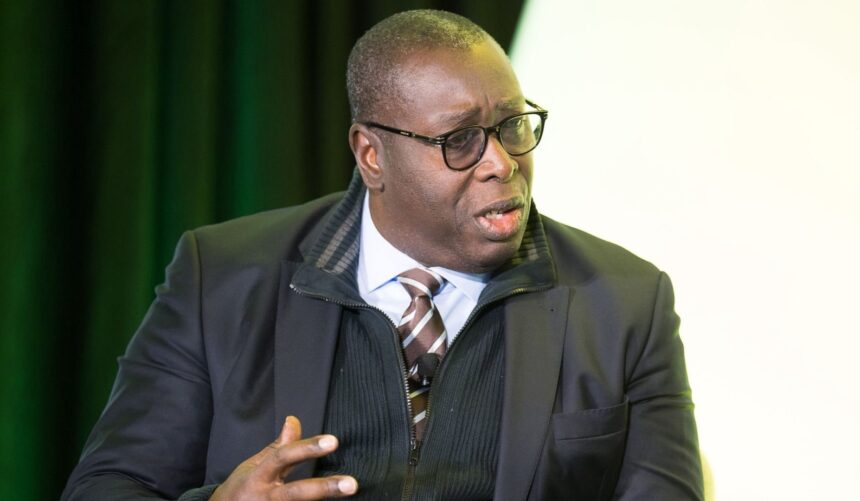Isong says new fuel import tariff is regressive, will hurt low-income Nigerians, small businesses
Oredola Adeola
The Major Energy Marketers Association of Nigeria (MEMAN) has projected that the proposed 15 percent import tariff on petrol (PMS) and diesel (AGO) could push petrol to around ₦998 per litre in Lagos and about ₦1,028 per litre in upcountry markets.
It added that diesel prices could also rise to between ₦1,164 and ₦1,194 per litre, depending on marketing margins, significantly raising fuel prices across the country.
Clement Isong, the association’s Executive Secretary, made this disclosure during a joint webinar organised by MEMAN and S&P Global Commodity Insights on Thursday.
Speaking on the topic: “Market Context and Local Refineries
Protection,” he cautioned that the policy could be regressive and disproportionately impact low-income households and small businesses unless mitigated.
Isong called for a transparent, evidence-based policy debate, urging that open market pricing computations and end-user prices be published regularly to prevent information asymmetry and market abuse.
According to the MEMAN ES, the new tariff would raise the landed cost of imported products, allowing local refiners to recover costs and margins—a key argument advanced by proponents who maintain that domestic production costs currently exceed import costs.
He added that importers would likely pass the tariffs on to consumers, while domestic refiners would price just below the new landed-cost floor, effectively removing the import benchmark that currently keeps prices competitive.
He warned that such changes could create competitive distortions, squeezing smaller independent importers out of the market, and stressed the need for active regulatory oversight by the Nigerian Midstream and Downstream Petroleum Regulatory Authority (NMDPRA) to ensure fair competition and nationwide product availability.
Instead of imposing the products import tariff, Isong outlined alternative and complementary policy measures, including phased or conditional implementation of tariffs tied to independently verified increases in domestic supply.
“Fixed tariff caps (e.g., $20/MT or ₦50/Litre) to limit cost impact on consumers.
“Competitive market framework promoting transparency, standardised pricing disclosures, and periodic publication of international and local refining benchmarks.
“Enhanced anti-smuggling enforcement and customs reforms to prevent tariff evasion.
“Accelerated rehabilitation of NNPC heritage refineries and expansion of modular refineries to boost local PMS supply,” he provided alternatives.
He also urged proactive exchange rate management, noting that “an undervalued exchange rate can make exports cheaper and imports more expensive, functioning as a general form of protection for domestic industries.”




